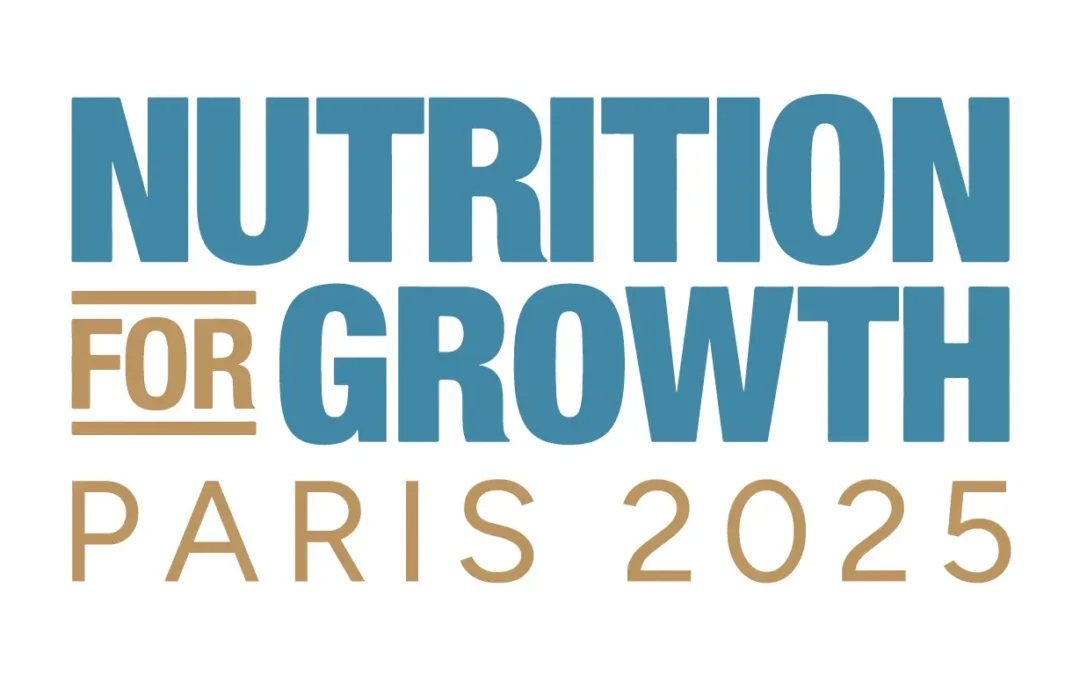On 27-28 March, the Co-Chairs of the All-Party Parliamentary Group (APPG) on Nutrition for Development attended the Nutrition for Growth Paris Summit.
We were encouraged to see the world coming together to address the global challenge of malnutrition. It is an issue none of us can tackle alone.
In a world where 733 million people go hungry every day, over three billion people cannot afford a healthy diet, and nearly half of all deaths of children under five years old are caused by malnutrition, progress on development is constrained. This is because nutrition is foundational to development and core to UK development aims.
Since 2013, when it was launched by the UK Government, Nutrition for Growth (N4G) has been a key moment for delivering greater action towards ending malnutrition, mobilising the international community, and placing nutrition higher up the development agenda. This year’s Summit could not have come at a more crucial time, as global malnutrition rates soar, and governments across the world reduce their development spending.
We were encouraged that the UK played a leading role in launching the Global Compact on Nutrition Integration, bringing together partner governments, NGOs, philanthropies, and multilateral institutions to commit to integrating nutrition across all their work. This will be vital in ensuring nutrition is central to the UK’s development work.
Nevertheless, it is disappointing that the UK Government chose not to make a financial commitment at last week’s Summit, despite its stated support for nutrition. This disappointment is compounded by the concern that the reduction of ODA from 0.5% to 0.3% of GNI by 2027 could make the current global malnutrition crisis even worse. Noting the Nutrition for Growth pledging window deadline of June, we urge the Government to make a financial pledge in due course. At a time of fiscal constraint, it would be most effective for the UK Government to invest £50 million into the Child Nutrition Fund, an innovative financing mechanism with the ability to transform the UK’s pledge into £500 million of impact through match-funding from global philanthropy and country governments.
Investments in nutrition are low-cost and high-impact, representing one of the highest value development initiatives. For every US$1 invested in nutrition US$23 is returned to the local economy. Conversely, malnutrition costs African economies between 3-16% of GDP annually. With the limited resources now available for UK Official Development Assistance (ODA), the UK Government should prioritise and protect its nutrition spending, and invest it in a way that maximises the impact.
We look forward to working with the UK Government to ensure that nutrition remains core to the UK’s development work, and that the UK remains a global leader in addressing malnutrition.

